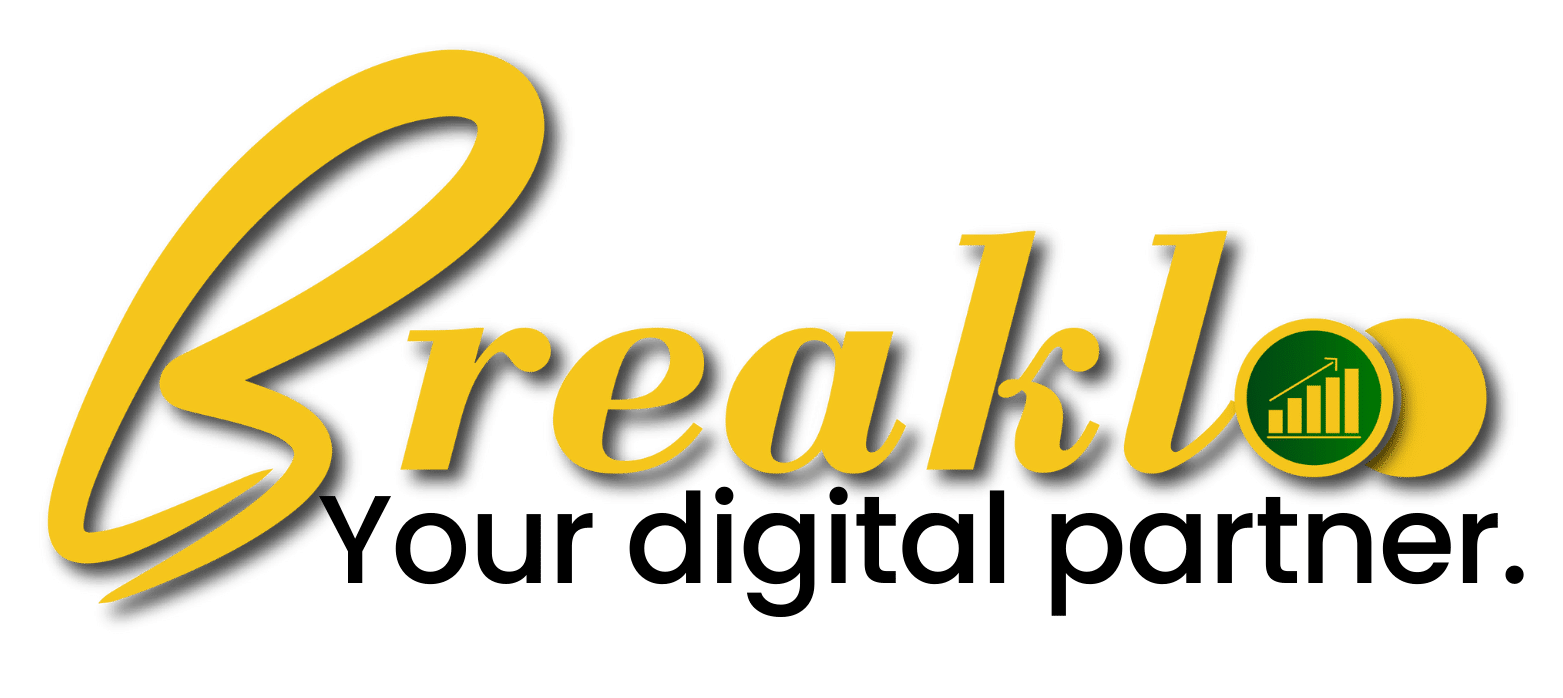What Is CRM (Customer Relationship Management)?: A Complete Guide
Introduction:
In today’s highly competitive business landscape, effective customer relationship management (CRM) is crucial for success. Understanding customer relationship management and implementing the right systems can enhance customer satisfaction, improve retention, and drive revenue growth. This article will explore the different facets of CRM, including what it is, its importance, and the various tools available to help businesses manage their customer relationships effectively.
What is CRM Management?
Definition of CRM
Customer Relationship Management (CRM) is a strategy used by businesses to manage interactions with current and potential customers. It encompasses various tools, technologies, and practices aimed at analyzing customer interactions and data throughout the customer lifecycle. The goal of CRM is to improve business relationships, streamline processes, and enhance profitability.
Importance of CRM in Business
A well-implemented CRM system provides businesses with valuable insights into customer behavior and preferences, allowing them to tailor their services and products accordingly. Here are some key benefits:
- Enhanced Customer Experience: By keeping track of customer interactions, businesses can provide personalized service, addressing specific needs and preferences.
- Increased Sales: Effective CRM tools can automate sales processes, enabling teams to focus on selling rather than administrative tasks.
- Better Data Management: Centralizing customer information helps businesses maintain accurate records, which can be accessed easily by all team members.
Types of Customer Relationship Management Systems
1. Operational CRM
Operational CRM focuses on automating and improving customer-facing processes. It typically includes functionalities such as:
- Sales automation
- Marketing automation
- Customer service management
2. Analytical CRM
Analytical CRM involves the analysis of customer data to enhance decision-making. It provides insights into customer behavior, preferences, and trends through:
- Data mining
- Statistical analysis
- Predictive modeling
3. Collaborative CRM
Collaborative CRM emphasizes communication and collaboration between various departments within a company. This ensures that every team member is on the same page regarding customer interactions and experiences.
CRM Software: Key Features
When selecting a CRM software for customer relationship management, look for the following key features:
1. Contact Management
An effective customer relationship management software should allow you to manage customer contacts effortlessly, providing detailed profiles and interaction histories.
2. Lead Management
Lead management features help track and nurture potential customers through the sales funnel, ensuring that no opportunity is missed.
3. Reporting and Analytics
Advanced reporting and analytics tools provide insights into sales performance, customer behavior, and campaign effectiveness, helping businesses make informed decisions.
4. Integration Capabilities
The best CRM in software should easily integrate with other business tools, such as email marketing platforms, e-commerce systems, and accounting software.
What is a CRM System?
Definition
A CRM system is a technology platform that helps businesses manage customer relationships and interactions. It stores customer information, tracks communications, and automates various business processes.
CRM in Marketing
CRM in marketing is used to enhance customer engagement and drive sales. It enables marketers to segment their audience, personalize communication, and automate marketing campaigns.
Benefits of CRM in Marketing
- Targeted Campaigns: By analyzing customer data, businesses can create targeted marketing campaigns that resonate with their audience.
- Improved Customer Retention: A better understanding of customer needs leads to higher satisfaction and loyalty.
- Increased ROI: Effective use of CRM can lead to higher conversion rates and better marketing return on investment.
What is Client Relationship Management Software?
Overview
Client relationship management software is designed specifically for managing relationships with clients. It provides tools for tracking interactions, managing projects, and ensuring effective communication.
Key Features of Client Relationship Management Software
- Project Management Tools: Track project progress and deadlines, ensuring client expectations are met.
- Communication Tools: Integrated communication tools facilitate direct interaction with clients.
- Document Management: Store and share important documents related to client projects easily.
What are CRM Used For?
Common Uses of CRM
- Sales Management: CRM helps sales teams track leads, manage customer interactions, and automate follow-up processes.
- Customer Support: CRM systems streamline customer support processes, making it easier to resolve issues quickly.
- Marketing Campaigns: Businesses use CRM data to design targeted marketing campaigns that resonate with their audience.
What is Customer Resource Management?
Definition
Customer Resource Management (CRM) refers to the strategies and technologies that businesses use to manage and analyze customer interactions and data. It’s a broader concept that includes tools and practices to enhance overall customer satisfaction.
The Role of Customer Resource Management Systems
A customer resource management system provides businesses with a centralized platform to track customer interactions, manage sales leads, and analyze data. This allows for more informed decision-making and improved customer service.
CRM Programs and Tools
Overview of CRM Programs
There are various customer relationship management programs available, catering to different business needs and sizes. Here are some popular options:
- Salesforce: A leading CRM platform known for its extensive features and customization options.
- HubSpot CRM: A user-friendly tool that offers free basic features, ideal for small businesses.
- Zoho CRM: A cost-effective solution with robust functionalities for growing companies.
Choosing the Right CRM Program
When selecting a CRM program, consider the following factors:
- Scalability: Ensure the system can grow with your business.
- User Experience: Look for intuitive interfaces that simplify user adoption.
- Cost: Evaluate pricing structures to find a solution that fits your budget.
Conclusion
Understanding customer relationship management is essential for any business looking to thrive in today’s competitive environment. By implementing the right CRM systems and strategies, companies can enhance customer satisfaction, boost sales, and improve overall efficiency. Whether you are exploring CRM in marketing, searching for client relationship management software, or seeking to understand what CRM systems offer, this comprehensive guide equips you with the knowledge needed to make informed decisions.
Investing in effective CRM tools and practices is an investment in your business’s future success. Start exploring the options available and take your customer relationships to the next level!



